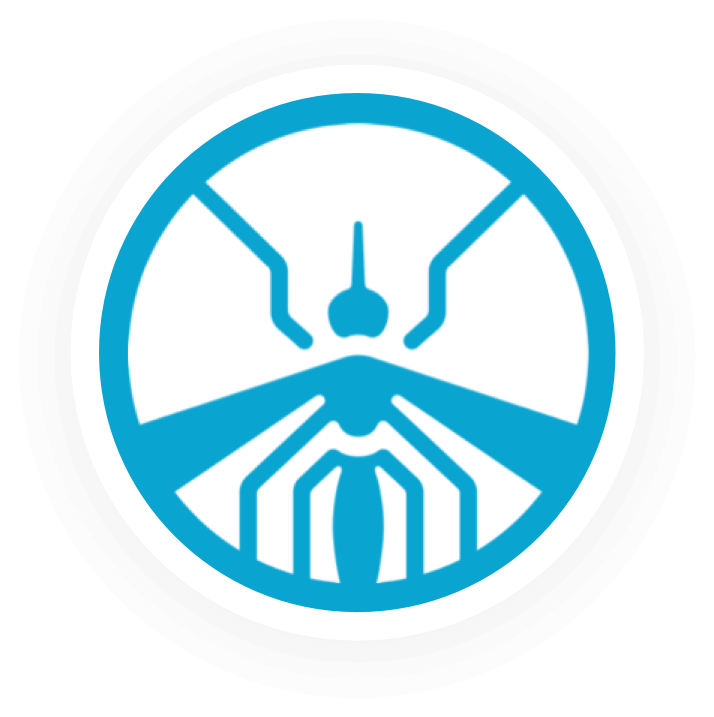The World Mosquito Program is working in Townsville and surrounding locations to protect communities from mosquito-borne diseases like dengue, Zika, chikungunya and yellow fever.
After conducting extensive laboratory studies to examine the impact of Wolbachia on dengue virus transmission and engaging with the Townsville community to explain our Wolbachia method and gain their consent, we began releasing Wolbachia-carrying mosquitoes in 2011.
(Date updated June 2023)


Dengue outbreaks occurred annually in Townsville prior to Wolbachia releases; travellers bring it with them, which can lead to clusters of local transmission. There have been very few dengue cases recorded since Wolbachia deployment. Imported Zika cases have been reported in travellers, but there have been no locally acquired Zika cases in Queensland.
Wolbachia mosquito releases were undertaken across 149.18 km² at 36 release sites.
Community engagement activities included community meetings, information kiosks and mail outs, Facebook, newspaper articles, radio and television. WMP staff visited schools, met people face-to-face and tapped into community networks. Close engagement with local communities ensured residents were informed about the study and were comfortable with its continuation. Residents were surveyed to assess community awareness and support.
Local dengue transmission has significantly reduced in Townsville since Wolbachia became established, despite local transmission events every year for the last 13 years and an epidemiological context of increasing numbers of imported cases.
Ongoing long-term monitoring will establish if Australia has now been ‘dengue proofed’ due to successful deployment of wMel Wolbachia. Given the widespread protection the wMel strain provides for a range of viruses, long-term monitoring should also indicate if protection is being afforded to these communities from other arboviruses.





